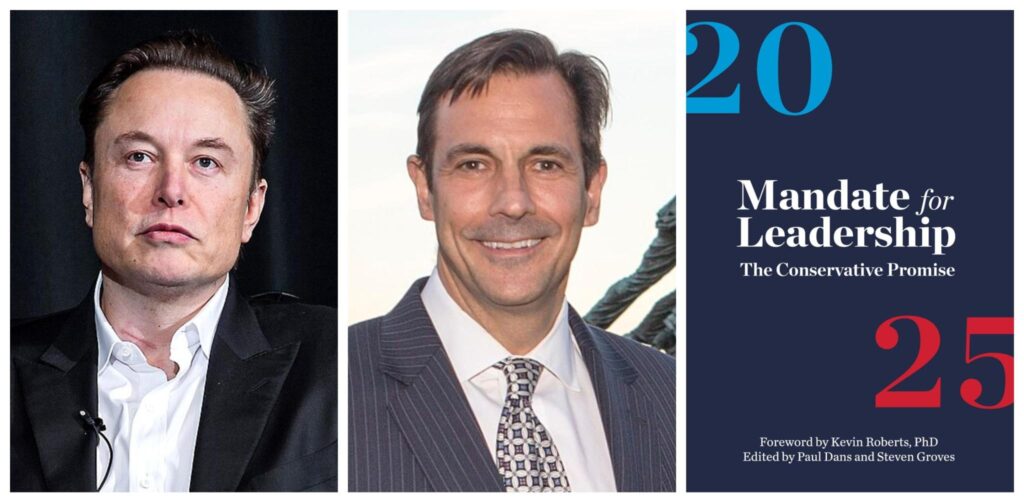In an article entitled Mr. Corcoran, Meet Mr. Orwell, the Financial Post gives Simon Fraser University economist Mark Jaccard space to skewer its own editor, Terence Corcoran.
Jaccard makes all kinds of good sense arguing that a carbon tax would be the most effective way to begin to address the greenhouse gas problem. He also says that Corcoran’s recent “diatribe (to the contrary) reminds me of George Orwell’s Nineteen Eighty-Four, with Mr. Corcoran as Minister of Truth – redefining concepts and rewriting history to accord with his opposition to reducing such greenhouse gas emissions as carbon dioxide.”
Subscribe to our newsletter
Stay up to date with DeSmog news and alerts






